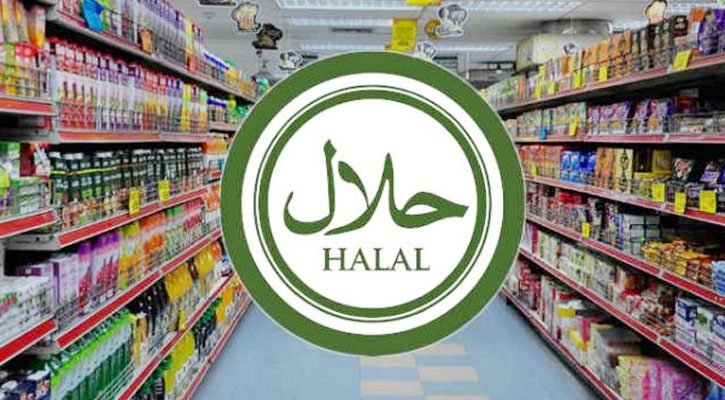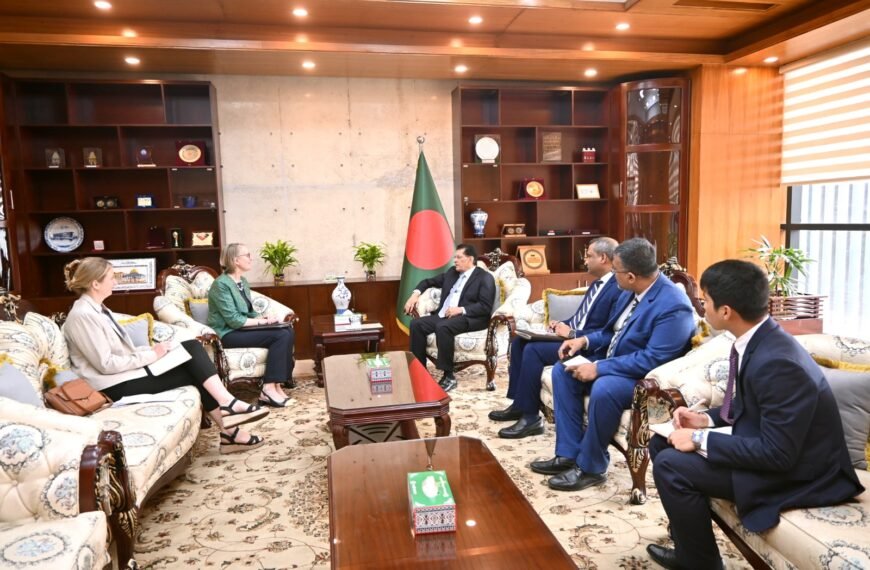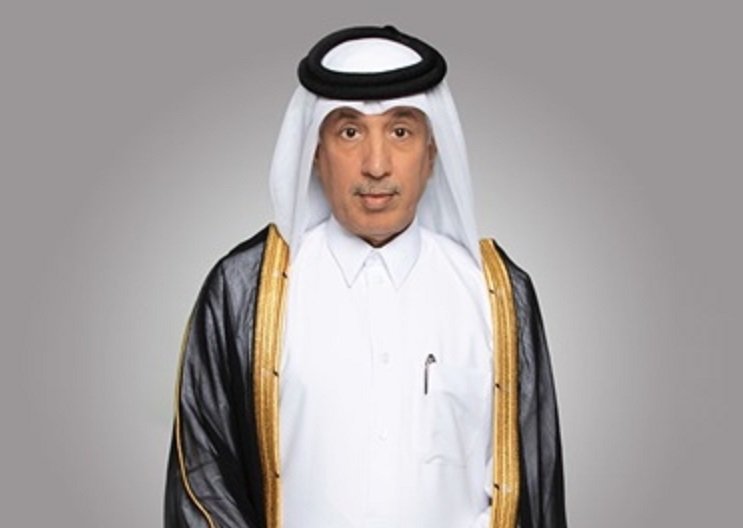Bangladesh is giving importance to the production and export of halal products while maintaining international standards and has started working to enter the potential markets of the Middle East and Southeast Asia, according to multiple sources.
More than 10 million expatriate Bangladeshis live in Saudi Arabia, the United Arab Emirates, Qatar, Oman, Kuwait in the Gulf region, as well as Malaysia and Singapore in Southeast Asia, who are important potential consumers of halal products.
Business leaders in Bangladesh say that Thailand, Malaysia, Indonesia, Singapore and India have already achieved great success in the international halal market.
According to available data, the value of the global halal products market stood at 7.7 trillion US dollars in 2025 and is expected to reach 10 trillion dollars by 2030. This market is expanding rapidly due to the Muslim population, increasing spending power and increasing demand for ethical and sustainable products in various sectors including food, beverages, pharmaceuticals, cosmetics, tourism.
There are about 1.9 billion Muslims in the world, which is 25% of the global population. This is expected to reach 2.76 billion by 2050. The value of the halal food and beverage sector alone is expected to reach $2.71 trillion in 2024 and $4.569 trillion by 2030.
An official from the Ministry of Commerce of the Bangladesh government said that the government has already taken initiatives to capture this potential market. In addition, some Middle Eastern countries have directed Bangladesh to maintain halal standards in the entire process of their products, starting from production to export.
To this end, a three-member delegation from the Saudi Accreditation Center (SAAC) visited Bangladesh on July 9-12, 2025 at the invitation of the Islamic Foundation. The delegation included Emad Osama H. Owaidha (Accreditation Manager), Mohammad Abdullah M. Al-Arifi (Technical Assessor), and Rakan Al Khalifa (Islamic Affairs Expert).
The delegation held meetings with the Ministry of Religious Affairs, Ministry of Foreign Affairs, Ministry of Food, Fisheries and Livestock and Bangladesh Food Safety Authority.
Bengal Meat Head of Supply Chain and Export AKM Saidul Haque Bhuiyan said the delegation visited Bengal Meat’s factory in Pabna and expressed satisfaction with the environment.
He also said that Bangladeshi exporters need approval from SMIC, SFDA and Malaysia’s JAKIM to enter the Saudi Arabian and Malaysian markets.
Islamic Foundation Deputy Director (Halal Certification Department) Dr. Md. Abu Saleh Patwary said the Bangladesh government bore the expenses of the Saudi delegation’s visit.
Industries Secretary Md. Obaidur Rahman said, “Not only Muslims but also non-Muslims are showing interest in halal products for health and safety reasons.”
He said Indonesia, Malaysia, Saudi Arabia, Pakistan and Turkey are the largest consumers of halal products, and demand is also increasing in Europe.
He made these remarks at a workshop on ‘Halal Market, Production Methods and Certification Process’ organized by the Bangladesh Chamber of Industries (BCI).
BCI President Anwar-ul-Alam Chowdhury (Parvez), BSTI Deputy Director Khalid Abu Naser, Assistant Director Rebecca Sultana and BCI Secretary General Dr. Helal Uddin were present.
Analysts say that if Bangladesh focuses on strategic planning, quality production and effective marketing, it can play an important role in the $3.3 trillion global market for halal products.
Millions of Bangladeshis living in the Middle East and Southeast Asian countries are the main consumers of these halal products.
Pran Exports Limited, a subsidiary of Pran RFL Group, is already exporting products to several countries in the Middle East and Southeast Asia.
But the Saudi government has ordered Bangladesh to follow a complete standard process, otherwise there is a risk of losing the market.
Meanwhile, Bangladesh and Malaysia have expressed their interest in jointly expanding the market for halal products and developing the halal ecosystem.
On December 12, 2024, a meeting was held at the head office of the Islamic Foundation with the Malaysian Serunai delegation and representatives of the Islamic Development Bank to discuss this issue.
At the meeting, the Director General of the Islamic Foundation, Md. Saiful Islam, inaugurated the meeting and detailed discussions were held on the “Reverse Linkage Project”.
It is worth noting that this project will enrich the halal ecosystem through the exchange of knowledge, technology and skills between Malaysia and Bangladesh and create new prospects for trade and investment.




